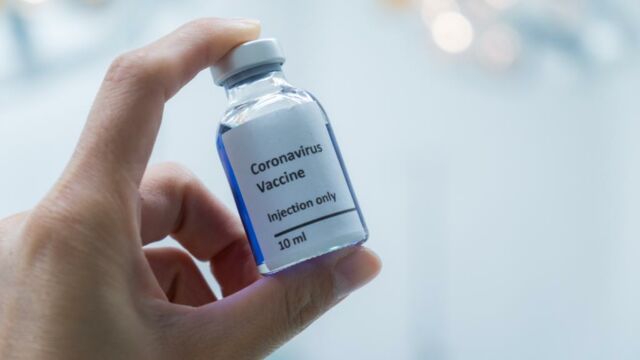More than 60 million people in the UK have had their first dose of the coronavirus vaccine, with a further 24 million being fully protected. But, even vaccinated people can still contract COVID, and they may present different symptoms than those who haven’t had their jabs.
Discover our latest podcast
Vaccinated people can still be infected with coronavirus
Being vaccinated against COVID-19 is the best way to ensure your protection. But, there have been several cases of vaccinated people contracting the virus. This can happen for two reasons:
The first reason for contracting COVID after vaccination is that it can take several weeks for the vaccine to take effect after receiving your first dose. So, between getting vaccinated and waiting for the vaccine to take effect, people can still be infected with the virus.
The second reason is that it takes two doses of the COVID vaccines to gain the highest level of protection. Evidence shows that just one dose of the Pfizer/BioNTech jab offers only 52% protection from COVID, whereas taking both doses provides 95% protection. Even with both doses of the vaccine, there is still the rare chance ofbreakthrough COVID cases which have been reported in 5,800 out of 75 million fully vaccinated people in the US.
Researchers at King’s College in London have been looking into COVID cases in vaccinated people by examining data from 1.1 million vaccine recipients between December and mid-May. Observations showed that 2,278 people had contracted COVID after one dose, equating to 0.2% of the study sample. Occurrences of infection in fully vaccinated people fell to 187 or just 0.03%. So, while cases of COVID are low in those who have been vaccinated, they are still entirely possible.
Four COVID symptoms to look out for when vaccinated
King’s College researchers also identified several different coronavirus symptoms through the ZOE symptom study app that were more common in vaccinated people. Those who have been vaccinated were also less likely to report typical signs of the virus but still experienced a less severe illness than unvaccinated people.
Sneezing
Sneezing is not included on the official list of coronavirus symptoms, but this occurrence has been commonly reported in vaccinated people. The sign was also 24% more common in those who were under the age of 60.
Shortness of breath
Researchers found that those vaccinated against COVID showed similar levels of breath shortness after becoming infected with the virus. So, if you have been vaccinated against the virus and have noted some shortness of breath, it may be worth getting tested.
Earache
Earaches are another COVID symptom that vaccinated people should be aware of. If you notice any ear pains after receiving a COVID jab, it could be a sign that you’ve been infected with the virus.
Those who haven’t had a coronavirus jab have also complained of tinnitus and hearing loss.
Swollen glands
A less common sign of COVID infection after vaccination is swollen glands. However, this symptom can also be a mere side effect of the vaccines.
Side effects usually peak 24 hours after vaccination and tend to fade after one or two days. If you experience swollen glands after your vaccine and the symptom persists, it may be best to take a COVID test.















